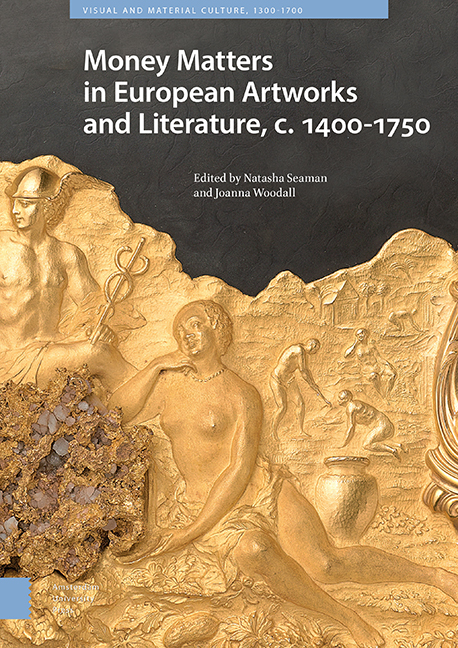5 - The Heft of Truth: Inwardness and Debased Coinage in Shakespeare’s Plays
Published online by Cambridge University Press: 15 September 2022
Summary
Abstract
This chapter examines Shakespearean construction of inwardness in terms of debased coinage under a climate of economic uncertainty in the latter half of the sixteenth century, and how it mapped out a strategic stance towards the moral and psychological problem of penetrating through false appearances to a person's inner truth. It explores different approaches to assaying inwardness in Shakespeare that involve agile, intricate puns on everyday words such as “light,” “weigh,” “touch,” “burn,” “angel” – sustaining, over the course of Shakespeare's career, an unchanging critique of Tudor monetary policy under Henry VIII and Edward VI, which made no small contribution to the unsettling sense that appearances were unmoored from inward truth.
Keywords: Coinage, debasement, inwardness, assaying
Time and again, the limited ability of human beings to discern another person's inner quality from their outer appearance proves to be both the obsessive theme and ironic device of William Shakespeare's theatre (1564-1616). Despite its innate deceptions, it seems that Shakespeare leveraged the medium of the theatre to explore the very problem of false appearances and to formulate a metaphorical structure to give voice to the anxieties about this pervasive epistemological problem. Following the estimated chronology of the plays, one may trace an abiding and even intensifying interest in the problem of trust in appearances – specifically, the problem of discerning good character from bad character behind the mask of appearances – or, as Shakespeare would put it, the discernment between “pure,” “noble,” and “base” natures, by which characters very frequently praise or chastise one another or themselves throughout the plays, as we shall see. However, as this chapter will explore, the opposition between these words refers not only to a moral division, but a division between metallurgical categories – specifically, a reference to the “purity” of “noble” metals such as gold or silver, unmixed with “base” metals such as copper, tin, or lead. In Shakespeare's plays, this way of denoting value in a person's character was not merely an ornamental metaphor, but an imaginative model by which to parse ethical realities. It was a model that mapped out a strategic stance towards the moral and psychological problem of penetrating through false appearances to the inner truth of someone's character, based on the real possibility of doing so with physical metals, so that one can even read Shakespearean plots through this lens.
- Type
- Chapter
- Information
- Money Matters in European Artworks and Literature, c. 1400-1750 , pp. 155 - 178Publisher: Amsterdam University PressPrint publication year: 2022



